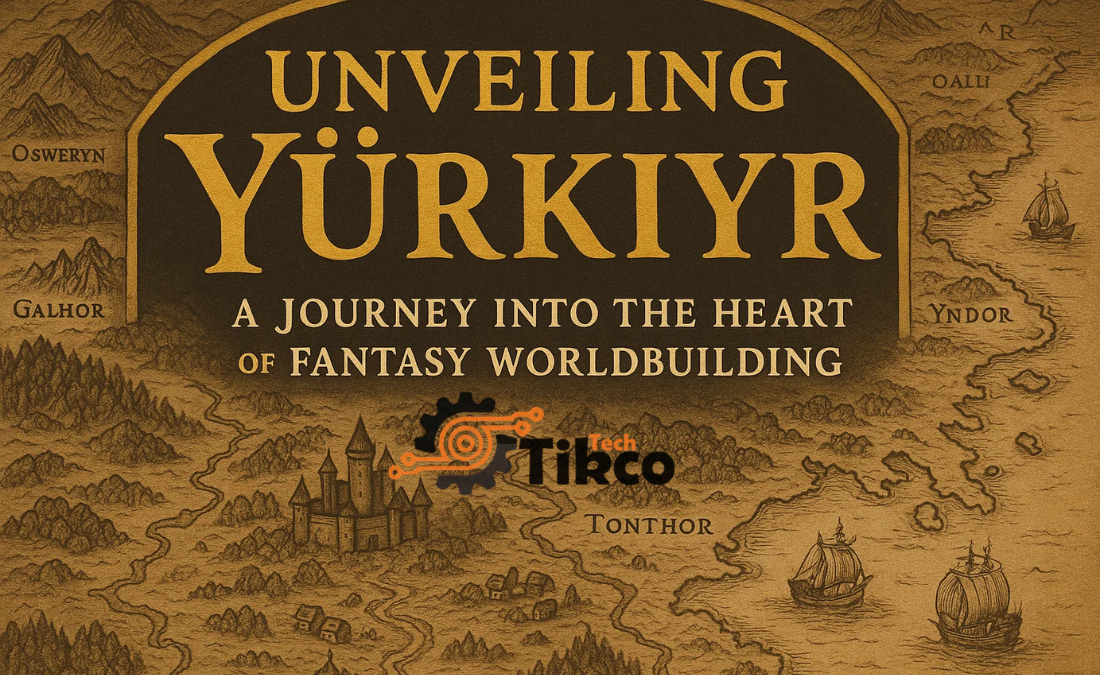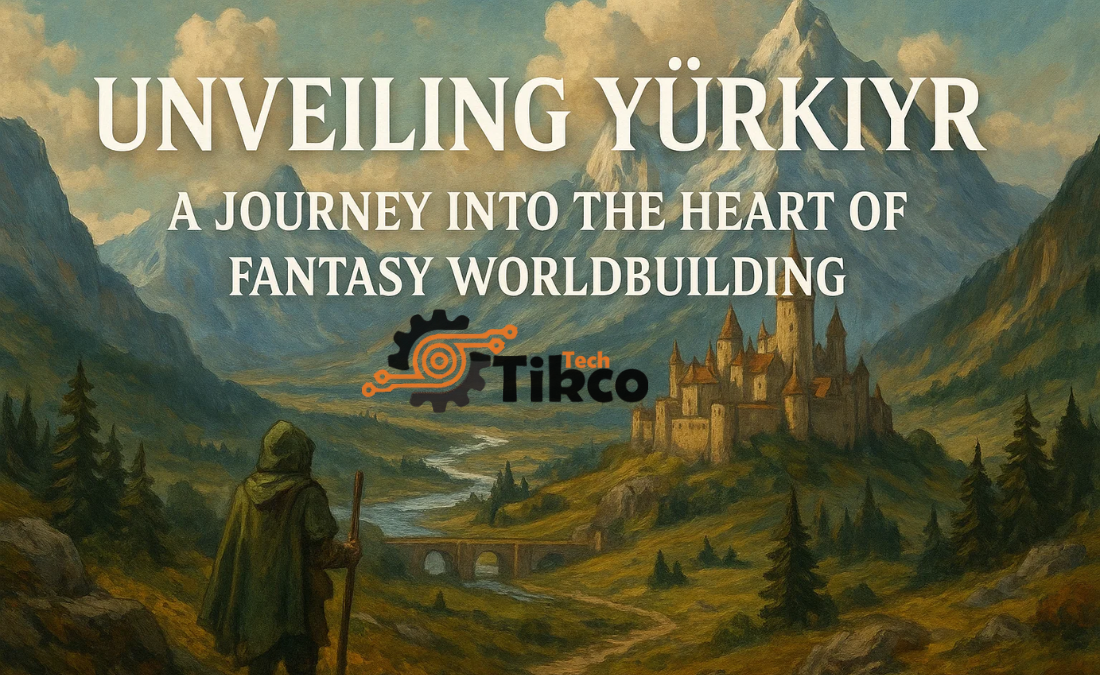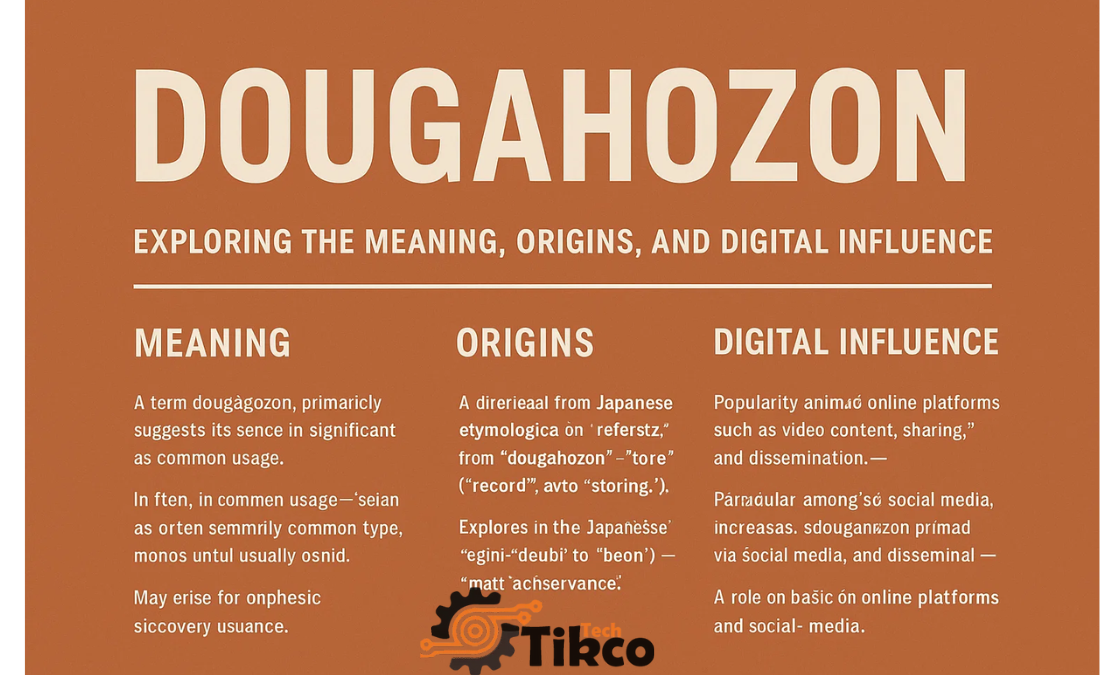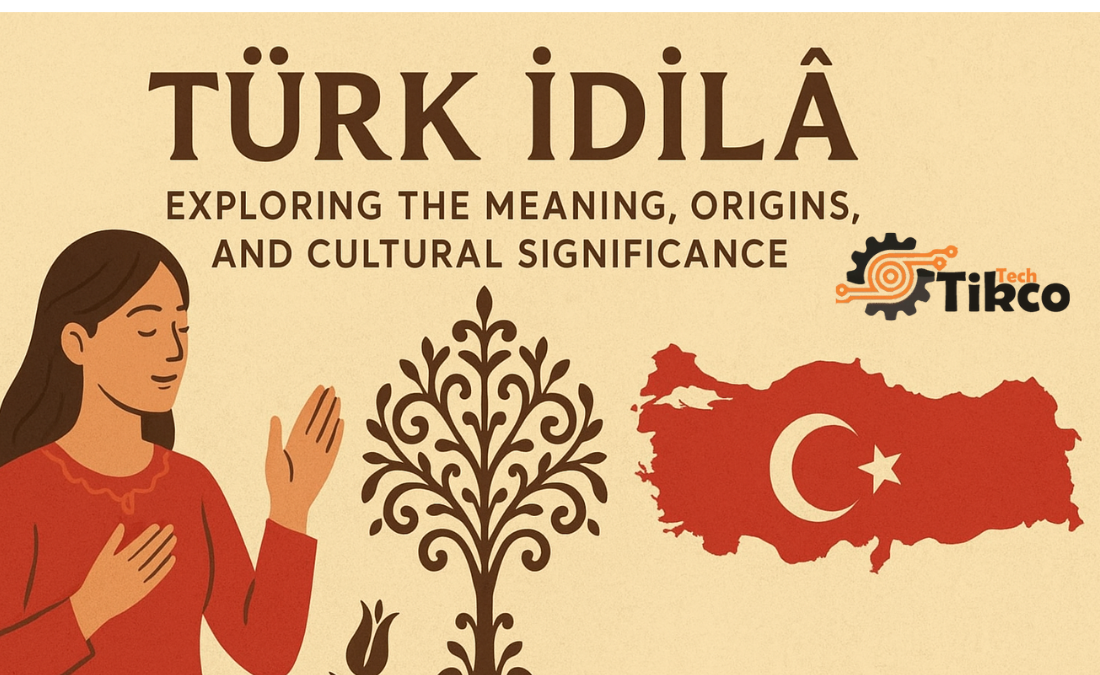In the vast and intricate tapestry of fantasy literature and gaming, the names of places carry immense weight. They are not mere labels but portals, evoking a sense of history, culture, and atmosphere. A name like Rivendell suggests elven elegance, while Mordor conjures images of volcanic despair. Among these powerful toponyms, one might encounter the enigmatic and compelling Yürkiyr. This term, resonating with a harsh, guttural, and ancient energy, invites exploration. It suggests a place of rugged landscapes, fierce inhabitants, and deep, perhaps forgotten, lore. This article delves into the potential meanings, origins, and significance of Yürkiyr, exploring its role as a cornerstone of immersive fantasy worldbuilding.
The Phonetic Power of Yürkiyr: What’s in a Name?
Before even learning its location on a map, the very sound of Yürkiyr tells a story. Phonetics are a primary tool for fantasy authors and game developers to establish cultural feel. The word Yürkiyr is striking due to two key elements: the umlauted ‘ü’ and the hard ‘k’ sound.
The letter ‘ü’ (pronounced similarly to the ‘u’ in the French ‘tu’ or the German ‘über’) is uncommon in English, immediately marking the word as foreign and exotic. It often lends a northern or central European, perhaps Slavic or Nordic, aesthetic to a name. This sound gives Yürkiyr a unique and memorable character, distinguishing it from more common fantasy names. The hard, decisive ‘k’ sound in the middle, followed by the robust ‘yr’ ending, suggests strength, permanence, and a certain harshness. Unlike a name ending in a soft vowel, Yürkiyr sounds like a fortress—unyielding and enduring. This phonetic analysis suggests Yürkiyr could be a mountain stronghold, a windswept tundra, or the ancestral home of a proud, warrior culture.
Potential Origins and Linguistic Roots of Yürkiyr
While Yürkiyr is a constructed name, we can speculate on its potential linguistic inspirations to unravel its possible meaning. Worldbuilders often draw from real-world languages to add depth and consistency to their creations.
- Turkic/Mongolic Influence: The root “Yür” bears a resemblance to the Turkic word “yürük,” meaning “nomad” or “one who walks.” This would powerfully define Yürkiyr as a “land of the wanderers” or a “place of the nomadic people.” This origin would suggest a culture built on movement, horsemanship, and the vast steppes.
- Nordic/Old Norse Influence: The “-kiyr” suffix could be interpreted through a Nordic lens, perhaps relating to concepts like “kingdom” (cf. Danish kongerige) or “land.” In this context, Yürkiyr might mean “the northern kingdom” or “the land of Yür,” named after a founding hero or deity.
- A Unique Conlang: Most likely, Yürkiyr is a product of a constructed language (conlang) developed specifically for its fantasy setting. In this case, its meaning is defined by its creator. It could be a combination of in-world root words—for example, “Yür” meaning “stone” and “Kiyr” meaning “heart,” making Yürkiyr the “Heart of Stone,” a fitting name for a dwarven citadel or a mountain carved into a capital city.
Yürkiyr in Practice: Building a Culture and Landscape
The name Yürkiyr provides a fertile foundation for building a compelling setting. Its sound dictates its nature.
- The Landscape of Yürkiyr: This is not a place of gentle rolling hills. The name implies austerity and grandeur. Yürkiyr is likely a realm of towering, grey-peaked mountains, deep fjords, or endless, frost-touched steppes. The climate is probably harsh, with long winters that have forged the character of its people. The architecture would be functional and formidable: stone keeps, wooden longhalls, and fortifications built to withstand both the elements and invaders.
- The Culture of Its People: The inhabitants of Yürkiyr would be as robust as their home. They are likely a pragmatic, hardy, and resilient people. Their society probably values strength, honor, and survival skills. If the nomadic root is embraced, they could be master riders and herders, living in mobile yurts and following migratory patterns. If the name suggests a fortress, they might be renowned miners, metalsmiths, and warriors, fiercely protective of their mountainous homeland. Their culture would be rich with oral traditions—sagas sung in great halls about the founders of Yürkiyr and the heroes who defended it.

Yürkiyr as a Narrative Catalyst
A well-named location like Yürkiyr doesn’t just exist as backdrop; it actively drives narrative. It presents immediate questions that beg for stories.
Is Yürkiyr under threat from an encroaching empire, forcing its fierce inhabitants to defend their way of life? Is it a launching point for a great conquest, its warriors pouring forth from the mountains to claim new lands? Perhaps it is a forbidden city, isolated and mysterious, holding ancient secrets or powerful magic that adventurers seek. Maybe the story is one of internal conflict—a struggle for the throne of Yürkiyr or a cultural clash between traditional nomadic elders and a new generation seeking a settled life. The name itself sets the stage for epic tales of survival, honor, and conflict.
The Consumer’s Journey: Engaging with Yürkiyr
For a reader or a player, encountering Yürkiyr on a page or a game map is an invitation to immersion. It is a sign of a developed world, hinting at a depth beyond the immediate plot. It encourages exploration and curiosity. Fans might speculate on online forums about the true meaning of Yürkiyr, its history, and its people, building community engagement around the lore. A name with such a strong phonetic identity becomes a memorable touchstone for the entire world it represents.
Conclusion: The Lasting Echo of a Name
Yürkiyr is a masterclass in the power of naming within fantasy. It is a term that efficiently communicates tone, culture, and environment through its mere pronunciation. It demonstrates how a carefully chosen name can serve as the foundational pillar for an entire setting, inspiring the creation of landscapes, cultures, and narratives that feel cohesive and deeply authentic. Whether it is the capital of a nomadic khanate, the ancestral hold of a dwarf clan, or a mysterious northern kingdom, Yürkiyr stands as a testament to the idea that in worldbuilding, a name is never just a name. It is the first and most important clue to the soul of a place, an echo of its history, and a promise of the adventures that await within its borders.




